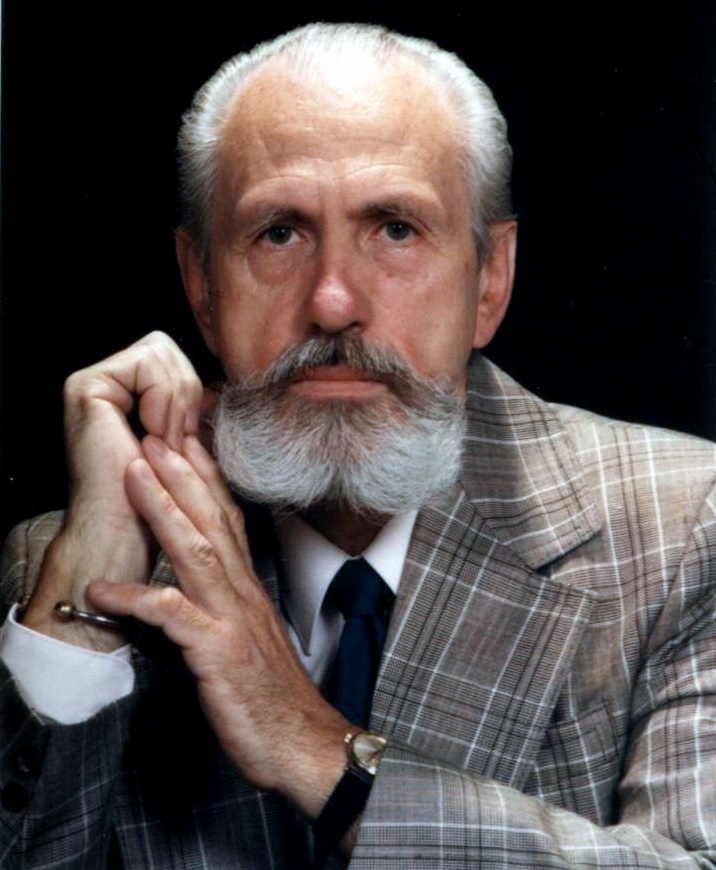Boris Gašpar was born on 3rd October 1930 in Bratislava, the only son of Adolfina and Tido Joseph Gašpar.
He grew up in Bratislava and Nitra through the tumultuous times of the Second World War and the rise of the Soviet Communist era. He studied at schools both at Nitra and Bratislava.
Considered a political unreliable, he was conscripted to the army, due to his family’s connections with the previous Slovak Government. Forced to work in the Ostrava coal mines of then Czechoslovakia, Boris quickly realized that the army he was conscripted to was an army of forced labour. He considered escape the only option with a future.
With his friend Laco they devised a clever plan and escaped into the surrounding forested region. Keeping away from civilized areas and living off the land they avoided capture by the Communist authorities. A naturally resourceful scout, he was well equipped to survive over three months living in the wild occasionally visiting small villages to obtain additional food. He carefully journeyed back to Bratislava to see his family, keeping a low profile for fear of capture or accidentally implicating his family. He decided to cross over to Austria and seek asylum in Vienna.
Again, with a good plan, a steely constitution and the fortune of providence he swam the cold Morava River into Austria and narrowly made it into the American embassy in Vienna.
As an intelligent young man, Boris was easily accepted for a scholarship in Spain where he studied and met his beautiful future wife Carmen Pilar Ortensia López Artero. They studied at Madrid University together and after marrying, Boris and Carmen decided to emigrate to the new world. The Australian visa application was the first to be accepted and they set off from Gibraltar for Melbourne in June 1956.
Their first daughter, who they named Carmen, was born on the English ship on route to Australia in the Red Sea after passing through the Suez Canal. Upon arriving in Melbourne, the omens were so inauspicious, that Boris slipped the Purser five pounds to allow them to stay on board till Sydney. Sydney’s beautiful sunrise, harbour and city, convinced them both that this was the place to stay. They never regretted their decision and made Sydney their home.
Not long after establishing themselves, Boris and Carmen’s second daughter, Yasmin, was born in their two room lodgings in Camaray. His two sons Boris junior and Konstantine had more conventional births in hospital.
As newly arrived migrants in the mid 1950’s it was difficult finding work, but Boris quickly secured work, though menial, at the North Shore Hospital. He always had an uncanny ability to master any task or situation he found himself in and after taking various jobs around the city; he eventually attained a senior position in a small chemical factory, where he put his real qualifications and abilities to good use. Boris’ final and much loved position was with the Fisher Library at the University of Sydney. Here he could work and really indulge his passion for knowledge, which was encyclopaedic.
His greatest passion was always his Slovak heritage. He was naturally associated with the Slovak Community in Sydney. He channeled his artistic talent towards his Slovak heritage as well as religious works to adorn the Slovak Church in Lidcombe, which stands as much a symbol of his faith and artistic talent as a beacon to the Slovak Community. Boris worked selflessly for the betterment of the community until his death on the 12th of June 2015.
Ivan Hupka
